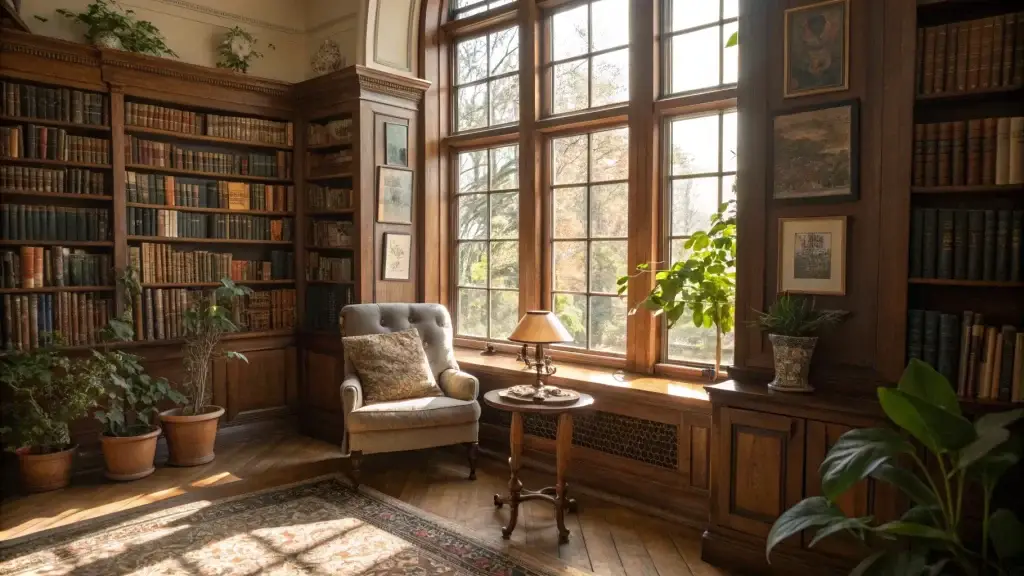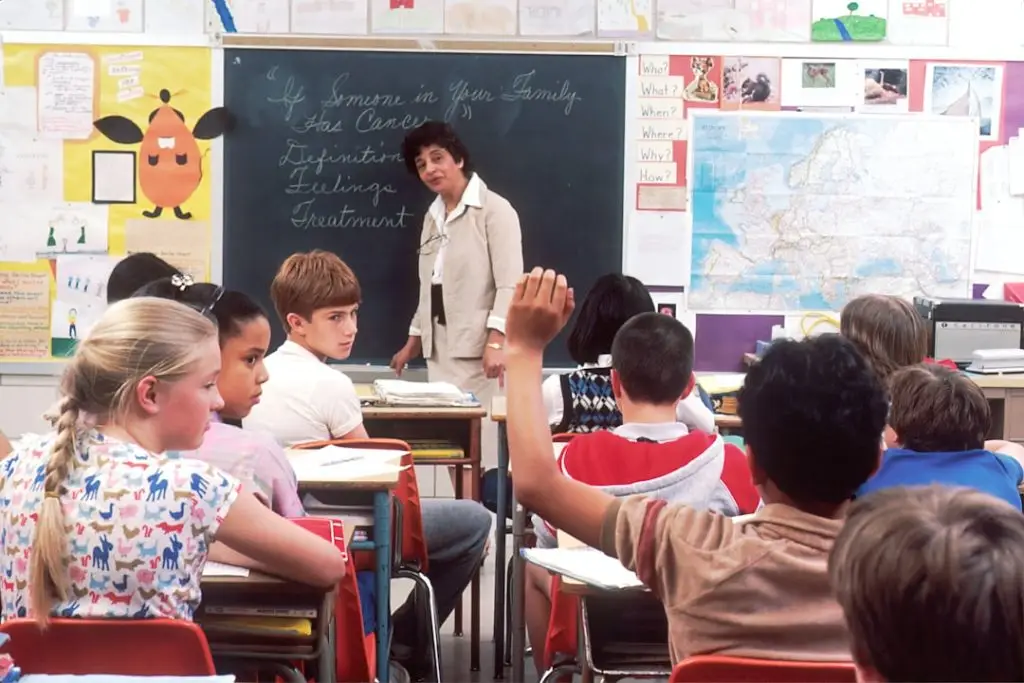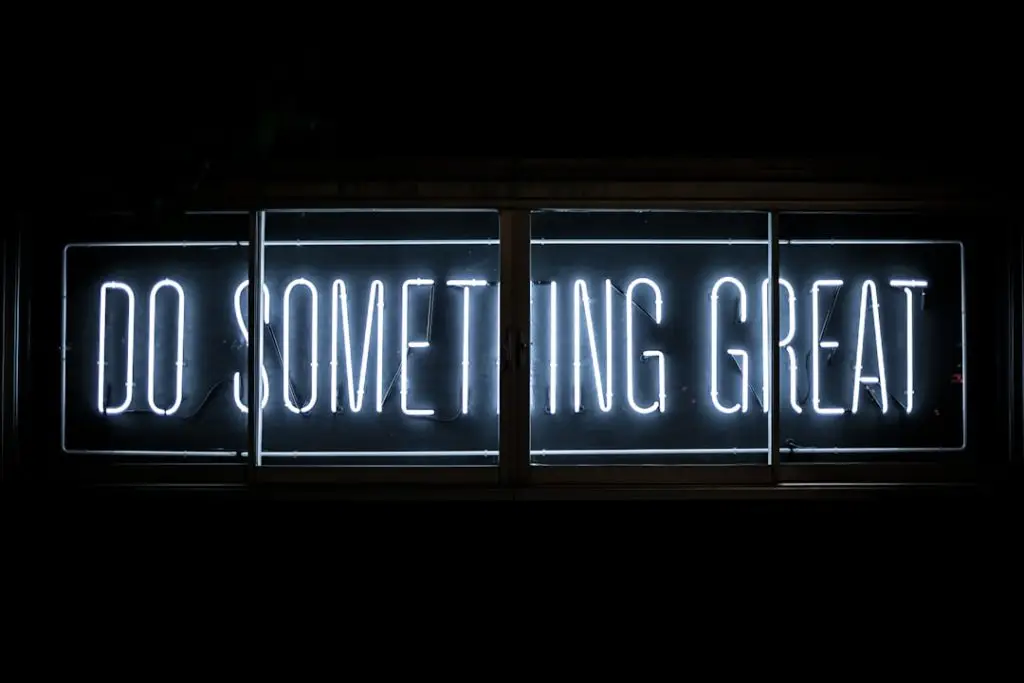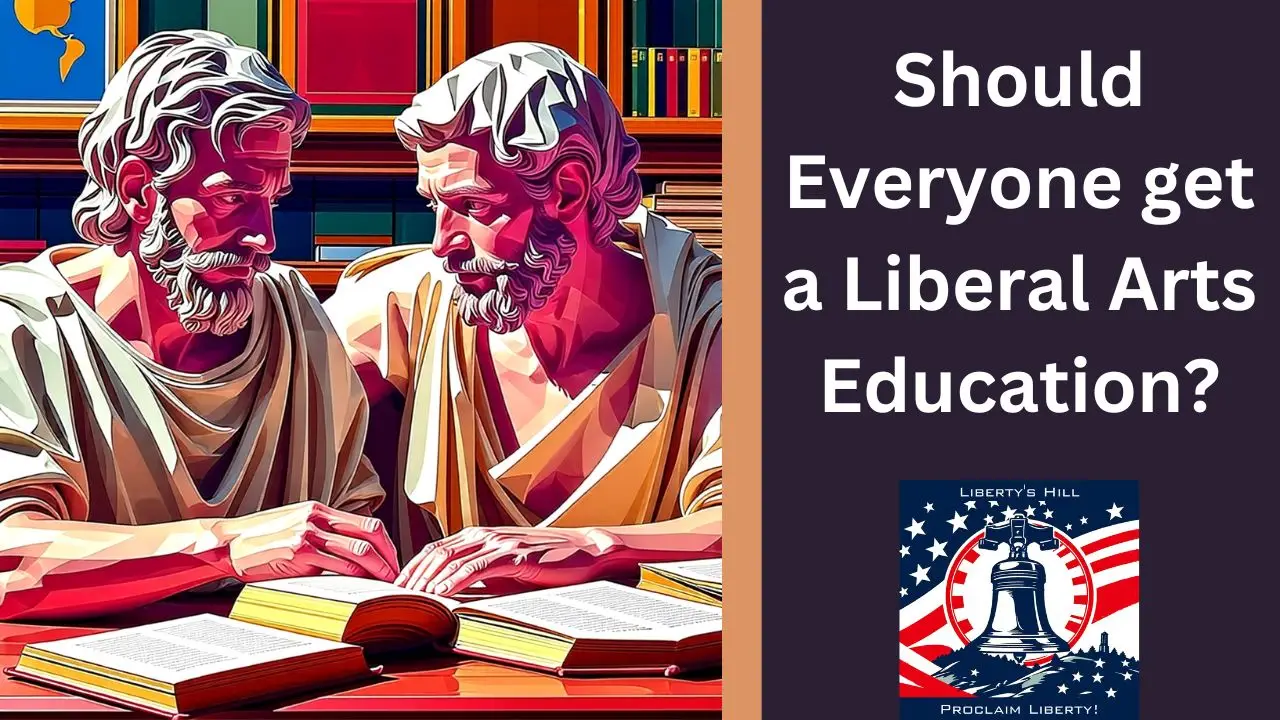Is a Good Liberal Arts Education Necessary for Liberty?

In today’s fast-paced world, the question arises: is a good liberal arts education essential for liberty? This blog post delves into the significance of a liberal arts education and its impact on human flourishing, creativity, and the cultivation of virtue. Join me as we explore these themes and their relevance to our lives.

Photo by Jess Bailey on Unsplash
The Essence of Liberal Arts Education
Liberal arts education is rooted in the belief that education should cultivate virtue and develop the whole person, rather than merely preparing individuals for specific jobs. This approach contrasts sharply with progressive education, which often treats students like machines that need programming for a particular function. Instead, classical education aims to develop humanity, fostering critical thinking and creativity.
The term “liberal arts” refers to the skills and knowledge that make us truly free. This freedom is not just in the sense of political liberty but extends to the ability to think critically, engage with the world, and pursue what is good, true, and beautiful. The goal of classical education is to reflect the image of God in man, emphasizing that education is about more than just vocational training.

The Classical vs. Progressive Education Framework
When comparing classical and progressive education, one key difference emerges: progressive education often relies on indoctrination, while classical education emphasizes the development of critical thinking skills. Many proponents of classical education mistakenly believe that simply using classical texts will yield classical results. However, true classical education requires a focus on classical objectives and effective pedagogies, such as the Socratic method.
Classical content encompasses a wide range of materials that inspire a love for what is good, true, and beautiful. This approach is not limited to traditional texts but includes any material that aligns with classical objectives. Thus, the primary goal of a liberal arts education is to cultivate the image of God in each individual, regardless of their chosen profession.

Photo by National Cancer Institute on Unsplash
The Importance of Creativity
One of the most significant aspects of being human is our ability to imagine and create. Unlike animals, humans have the capacity to dream of a better world and take steps to bring that vision to life. For example, air conditioning was conceived to combat the oppressive Texas heat, showcasing how human creativity can lead to practical solutions.
A liberal arts education empowers individuals to dream of a better world while developing the necessary skills to create it. When hope for a better future wanes, it often stems from an inability to dream and a lack of skills to enact change. In this context, every profession can be viewed as a creative endeavor, reinforcing the idea that education should inspire individuals to envision and pursue improvements in their lives and communities.

Photo by Clark Tibbs on Unsplash
Empowerment Through Education
Many individuals feel trapped in dead-end jobs, a perspective that reflects a failure in education. A liberal arts education encourages everyone, regardless of their circumstances, to envision a better future. For instance, a used car salesman can create a positive work culture by treating customers and colleagues as human beings rather than mere transactions.
This approach fosters a work environment where everyone feels valued, leading to human flourishing. Emphasizing goodness, truth, and beauty in education allows individuals to wrestle with what it means to live a fulfilling life, ultimately enabling them to contribute positively to their surroundings.

Photo by Mimi Thian on Unsplash
Critical Thinking and Human Relationships
At the heart of a liberal arts education lies the pursuit of critical thinking and the cultivation of virtue. The essence of human flourishing is found in relationships, as evidenced by the reflections shared at funerals. People often remember not the material successes of the deceased but their qualities as loving, generous, and compassionate individuals.
This perspective highlights the importance of an education grounded in virtue. For example, using children’s literature, such as “Frog and Toad,” educators can initiate discussions about friendship and character. By asking students to evaluate the friendships depicted in the story, they begin developing critical thinking skills while exploring what it means to be a good friend. This process lays the foundation for nurturing virtue and fostering human flourishing.

Photo by Brooke Cagle on Unsplash
Education and the Image of God
The ultimate goal of education should be to develop individuals who reflect the image of God. When education prioritizes compliance and rote memorization, it fosters a culture of coercion rather than one of persuasion. This approach is contrary to the principles of a liberal arts education, which seeks to inspire students to think critically and engage with the world around them.
In contrast, a liberal arts education encourages students to explore their beliefs, justify their thoughts, and develop a deeper understanding of themselves and their place in the world. By fostering an environment where questioning and dialogue are encouraged, we can cultivate individuals who are prepared to contribute to a more just and flourishing society.

Photo by Arthur Lambillotte on Unsplash
The Path Forward
As we reflect on the importance of a liberal arts education for liberty, it becomes clear that the development of critical thinking and virtue is essential for human flourishing. By embracing classical education principles, we can empower individuals to dream of and create a better world, regardless of their professional pursuits.
Ultimately, a robust liberal arts education enables individuals to navigate the complexities of life while fostering meaningful relationships and contributing positively to society. As we continue this journey, it is essential to engage in conversations about the role of education in shaping our future and the impact it has on our communities.

Photo by Marvin Meyer on Unsplash
Conclusion
In conclusion, a good liberal arts education is indeed necessary for liberty. It cultivates critical thinking, creativity, and a deep understanding of virtue, enabling individuals to thrive in their personal and professional lives. By prioritizing the development of the whole person, we can create a world where liberty, justice, dignity, and prosperity flourish.
What are your thoughts on the importance of a liberal arts education? Join the conversation in the comments below!

Photo by Unseen Studio on Unsplash


